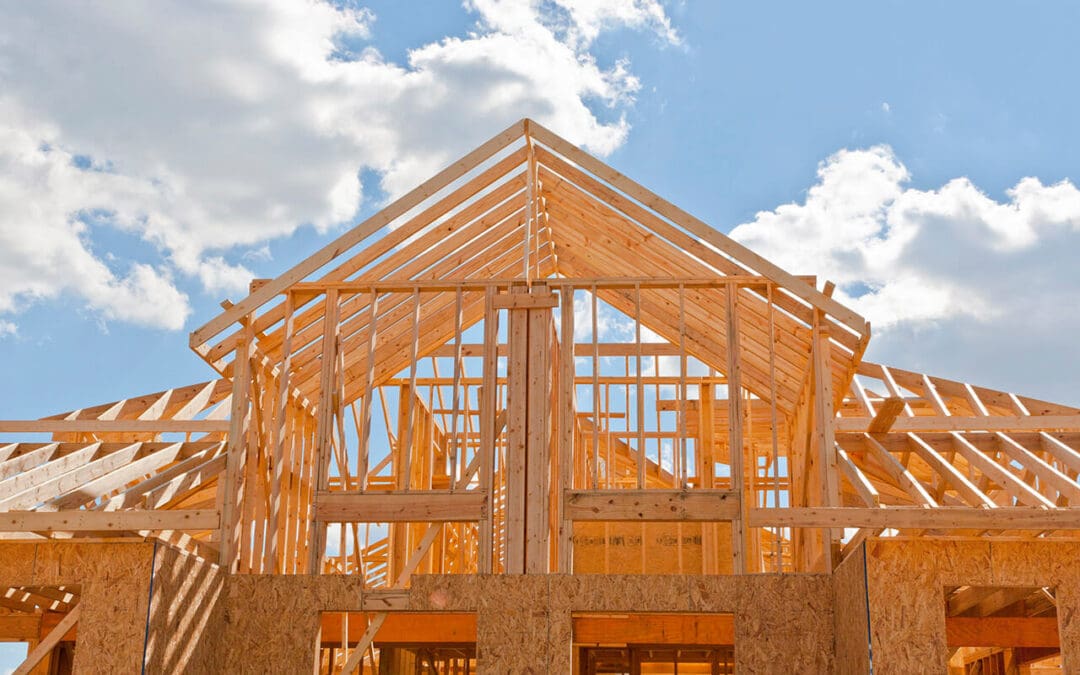When building a home, excitement and anticipation run high. You imagine the day you’ll walk into your dream home for the first time, with everything just as you envisioned. But before that day arrives, it’s crucial to guarantee that the house is built without any issues. New construction phase inspections are conducted at key stages throughout the building process, helping to identify issues early and safeguard the quality of your investment. You’ll gain peace of mind knowing your home is being built with the proper oversight.
What Makes New Construction Phase Inspections Different
Unlike a single inspection performed at the end of a build, new construction phase inspections break the process into multiple checkpoints. This guarantees that problems don’t get covered up by the next stage of work. Inspectors evaluate the home during critical milestones such as the foundation pour, framing, mechanical installations, and before drywall goes up. Each phase provides an extra layer of confidence that your home is being built to the highest standards, while giving you detailed documentation of the build from start to finish.
Foundation Phase in New Construction Phase Inspections
The foundation is the base of your new home. During this stage, inspectors check for proper grading, footing depth, reinforcement, and drainage. Catching problems at this point is vital, as foundation issues could compromise the entire structure and are costly to fix once the home is complete. A foundation phase inspection helps homeowners ensure long-term stability and safety. A strong foundation supports the home physically and helps prevent water intrusion and uneven settling that could lead to cracks or structural shifts later on.
Framing and Structural Phase
Once the skeleton of the home is in place, framing inspections confirm that the walls, roof, and floor systems are properly aligned and securely fastened. Framing is a critical stage in new construction phase inspections because it ensures the bones of the house are strong enough to support everything else. This inspection may also reveal smaller details, such as the correct spacing of studs or trusses, which play a big role in the durability and efficiency of the finished home.
Pre-Drywall Phase in New Construction Phase Inspections
During the pre-drywall phase, inspectors evaluate the home before walls are sealed, making it one of the most critical stages of new construction phase inspections. This is also when the essential systems, plumbing, electrical, and HVAC, are thoroughly checked. Proper installation of these systems is crucial, as mistakes like improper wiring, poorly installed ductwork, or plumbing issues could lead to safety hazards, inefficiency, or costly water damage later. By conducting an inspection at this stage, potential issues are identified while they’re still accessible, preventing expensive repairs after the home is finished.
Final Phase Inspection Before Move-In
The last step in new construction phase inspections is the final walkthrough, often performed just before closing. This inspection checks all the visible elements of the home, including doors, windows, appliances, finishes, and exterior grading. Even though it’s the last phase, it’s equally important because it confirms that the home is move-in ready and free of major issues that could impact comfort or safety. For buyers, it provides reassurance that the home has been carefully examined at every stage and is ready for years of enjoyment.
Benefits of New Construction Phase Inspections
The biggest advantage of new construction phase inspections is prevention. Instead of uncovering expensive surprises after move-in, issues are identified and corrected along the way. These inspections protect your investment, save money on future repairs, and provide confidence that your home was built with care and attention to detail. They will give homeowners the assurance that their builder is being held accountable throughout the entire process. Beyond financial savings, they provide documentation and peace of mind that your dream home was constructed with integrity from the ground up.
FAQs About New Construction Phase Inspections
Why can’t I just get one inspection at the end?
You can get a single inspection; however, it only shows you the finished product. New construction phase inspections reveal problems during each stage of the build, preventing costly repairs after the home is complete.
When are the most common phases for inspections?
Typical phases include foundation, framing, pre-drywall, and final walkthrough. Your inspector may adjust depending on your builder’s schedule.
Do builders allow outside inspectors during construction?
Many builders welcome outside inspectors because it demonstrates transparency.
Are new construction phase inspections worth the cost?
Yes, because the expense of correcting hidden problems after move-in could far outweigh the cost of inspections. They add significant peace of mind and protect your long-term investment.
AAA Professional Home Inspectors offers inspection services to homebuyers and sellers in Kentucky and Southern Indiana. Contact us to request an appointment.

